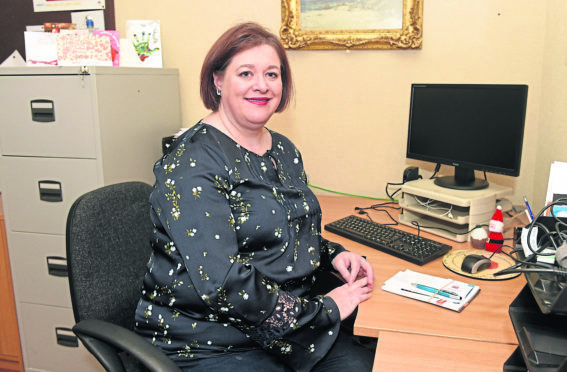New figures have revealed that alcohol abuse costs Aberdeen about £120million a year.
The staggering sum was revealed in a new report which calculates the costs of extra policing to deal with drunken behaviour as well as health and care.
The burden on health and social care alone is thought to be around £22million.
The report will be presented to the Integrated Joint Board (IJB) of the Aberdeen City Health and Social Care Partnership (ACHSCP).
Last night warnings were issued for Granite City drinkers to be especially careful this busy festive season.
Christmas time often leads to those who don’t drink through the rest of the year to overindulge and plunging temperatures can also result in other illnesses during festive nights out.
The north-east police division launched its own festive campaign “safer streets” which clamps down on drink drivers and those causing problems in the streets.
>> Keep up to date with the latest news with The P&J newsletter
In a paper on drug and alcohol harm, it is stated that last year there were 57 drug related deaths in the city and 33 that “can be directly attributed to alcohol” meaning that more than seven people a month died from one of the vices.
But alcohol related deaths have been reducing in recent years – as drug deaths have spiked.
Scottish Government chiefs have allocated £666,404 recurring funding to Aberdeen City Alcohol and Drugs Partnership (ADP) from this September.
The current budget within the City for drugs and alcohol is £8,307,000. This is largely made up from funding directed by the Scottish Government and legacy funding for NHS Grampian and Aberdeen City Council.
But the new investment comes off the back of a cut of £20million nationally by Holyrood to ADPs between 2015 and 2017.
IJB vice-chairwoman councillor Sarah Duncan said: “The additional £666k is very welcome but local alcohol and drugs funding from the Scottish Government was cut two years ago, so the money basically takes things back to where they were.
“I think there should be a holistic, multi-disciplinary approach to alcohol harm reduction and I welcome the ADA plans.
“I am particularly pleased to see additional support for peer support and recovery programmes as there is good evidence that these are effective in the long term.
“We also need to have a proper discussion as a society about the ready availability of alcohol and social attitudes towards excessive alcohol consumption; attitudes towards alcohol can change, as the anti-drink driving campaigns show, but there is a long way to go before the majority of people realise the health and social harm that alcohol dependency does, and recognise that it is a health issue which needs treatment, not shaming.”
Last night Lord Provost Barney Crockett, whose wife is involved in the city’s Street Pastors initiative, said: “I’m keen for everyone to go out and enjoy themselves but it is really important that people remember to be careful and responsible.
“It is not just yourself that could be put in danger but it also puts a heavy burden on police and other services.”
